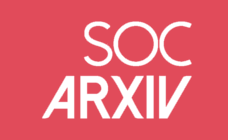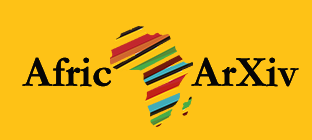


As the movement towards open access to scholarly content gathers momentum, the use of preprints is a central feature. What is a preprint? Before a scholarly research paper has gone through the time consuming peer review process for publication for electronic or print publication in a journal, it is in a form that some scholars refer to as “preprint” (also sometimes called a “working paper,” or simply an unpublished manuscript). Often at this stage the manuscript/paper can be posted and made freely available on a preprint depository or server where scholars can seek an informal kind of peer review from other scholars in their field and also stake a claim to their particular research area.
The Center for Open Science which provides technology and services for preprint management, lists among the goals of preprint depositories:
- Improve accessibility of scholarship
- Facilitate timely feedback on scholarship
- Address delays in research publishing
- Improve scholarly communication
Many disciplines now host printer servers. They were developed in the early 1990s in the high energy physics community with arXiv (the X represents the Greek letter chi, so the word is pronounced “archive”), which was hosted at Los Alamos National Lab and eventually moved to Cornell. Relevant preprint servers in the social sciences include:
- SocArXiv is an open archive for social science research housed at the University of Maryland. Papers are moderated before they appear in SocArXiv to ensure, among other things, that the research is scholarly, relevant to the subject areas supported by SocArXiv, and uses correct attribution. Those posting their papers are encouraged to post accompanying data and code.
- PsyArXiv with a goal of facilitating the rapid dissemination of psychological research, PsyArXiv was created by the Society for the Improvement of Psychological Science (SIPS) and the Center for Open Science.
- AfricArXiv, launched in June 2018, is an interdisciplinary, multilingual resource for scholars based on the African continent or those conducting research in or about Africa.
If you are interested in which depository or server might be a good fit for your own research, either for depositing or for accessing content, feel free to contact the library.